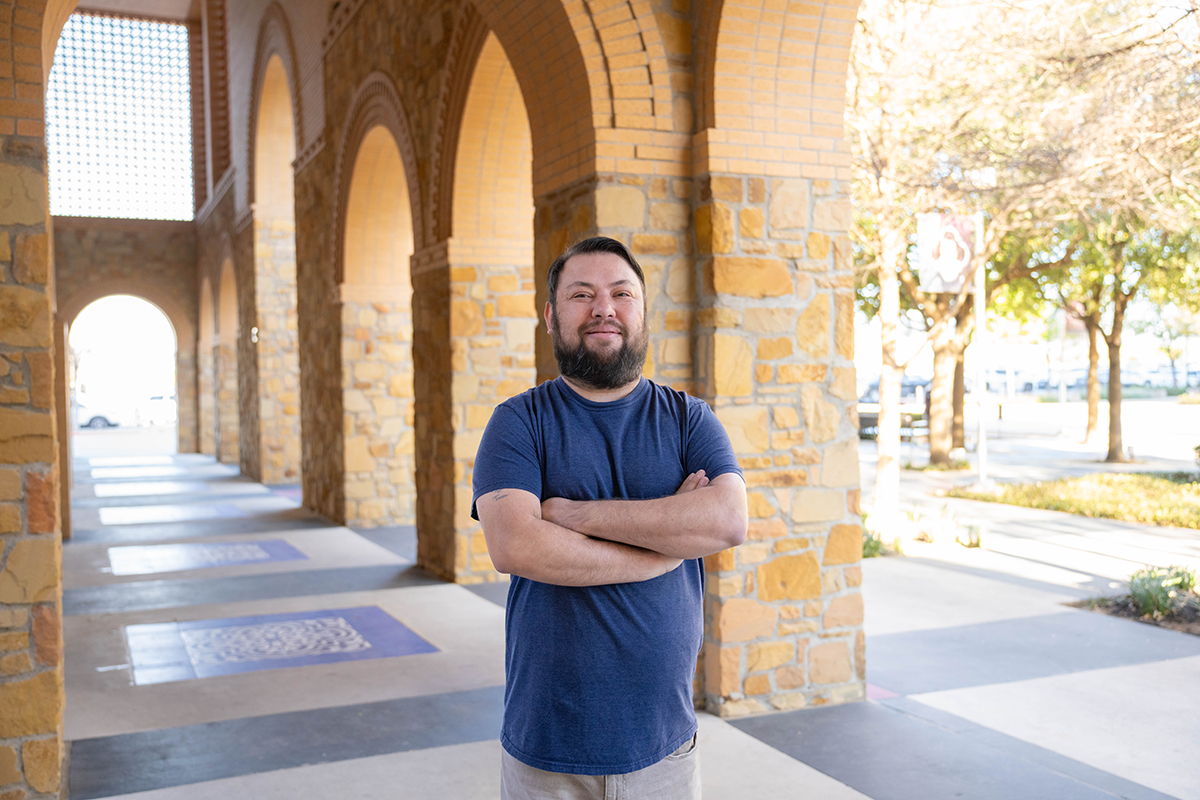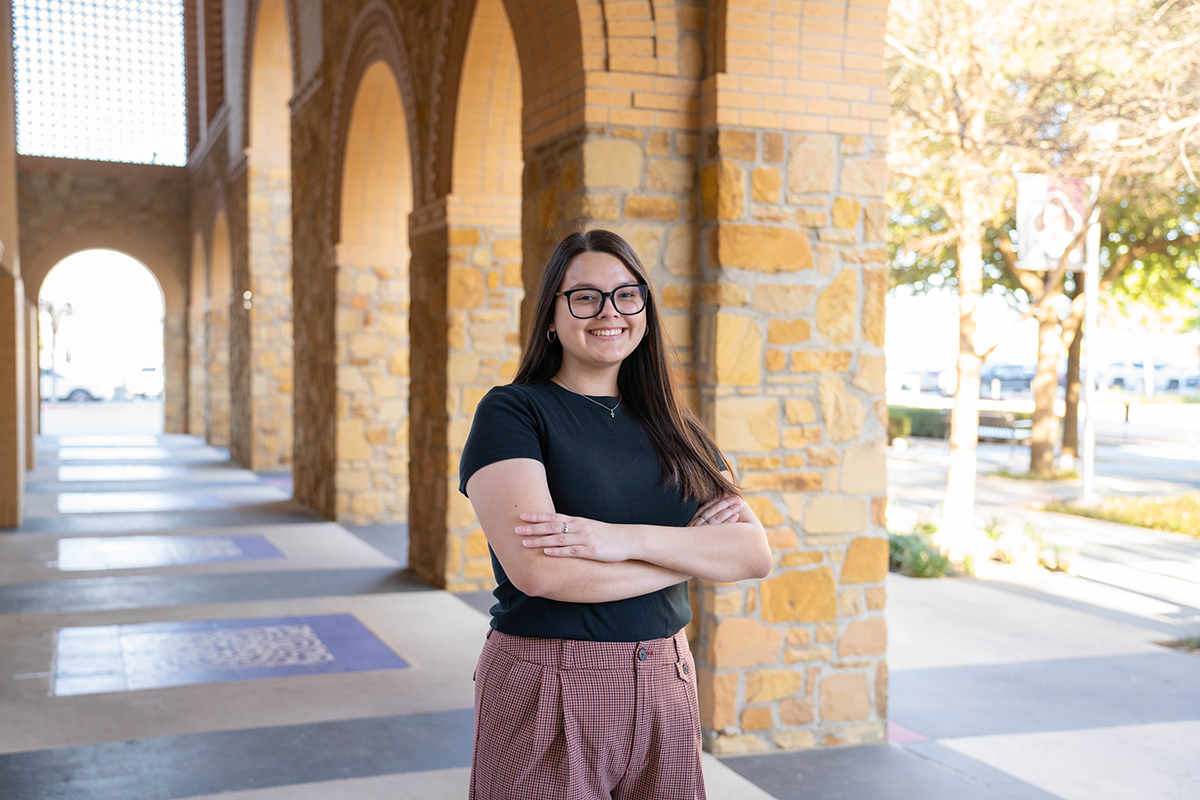Dr. Sarah Harper is kicking off a Department of Homeland Security-funded research project this spring that addresses an escalating legal and public safety issue.
Harper’s $98,000 project explores local and state frontline interactions with “sovereign citizens,” individuals who believe the government has no authority or jurisdiction over them, and anti-government extremists. The research provides evidence-based, practical strategies and training insights for law enforcement agencies and judicial personnel. Ultimately, the project aims to equip first responders and other officials with effective strategies for identifying and mitigating threats.
Across the country, there’s a growing number of instances where people are challenging the authority and legitimacy of government officials and laws. This has led to an increasing number of confrontational interactions with police and other public officials, resulting in arrests, physical violence and even death.
“We identify effective de-escalation strategies based on real-world experiences, helping government actors manage potentially volatile interactions without infringing on constitutional rights,” said Harper, an assistant professor of criminology.
Organizations like the Southern Law Poverty Center indicate that the number of sovereign citizens has grown in recent years, spurred by the COVID-19 pandemic and political and economic challenges, which has attracted a younger demographic. The movement has also spread extensively in jails and prisons around the country. The Department of Homeland Security and the Federal Bureau of Investigation view the sovereign citizen movement as a domestic terrorist threat, with a history of violence and illegal activities.
For the project, Harper is partnering with DHS’s National Counterterrorism Innovation, Technology, and Education Center of Excellence (NCITE), a leading academic center for the study of emerging and novel terrorism threats.
Last summer, Harper and several students did pilot research as a foundation for the year-long project, including reviewing court transcripts between judges and people who were charged with crimes motivated by anti-government and anti-authoritarian beliefs.
“We looked at how judges, prosecutors, defendants, and officers interacted at different phases of legal cases,” Harper said. “Our goal is to identify procedurally just interactions and whether these interactions yielded non-hostile or non-violent outcomes at various points throughout the criminal-legal process.”
 Senior Alex St. John, a San Antonio native majoring in criminology, was part of the research team. He focused on court transcripts connected to the January 6, 2021, riot, when a mob attacked the United States Capitol Building in Washington, D.C., following the presidential election.
Senior Alex St. John, a San Antonio native majoring in criminology, was part of the research team. He focused on court transcripts connected to the January 6, 2021, riot, when a mob attacked the United States Capitol Building in Washington, D.C., following the presidential election.
St. John said his research turned up some surprising results. “What I found really interesting is that a lot of the defendants were people who didn’t have criminal histories,” he said. “It just shows you can’t take everything at face value.”
This preliminary research gives Harper and her team a better idea of what to ask and look for as the project moves forward. Senior Jazmine Villarreal, originally from the Rio Grande Valley, will join Harper and St. John this spring. Like St. John, Villarreal is a criminology major, with aspirations to one day work as a crime scene investigator.

“I grew up watching a lot of Forensic Files and CSI, and I just think it’s really interesting,” she said.
Harper is now recruiting officers, judges, and other government officials to survey and interview regarding their encounters with anti-government and anti-authority believers.
Her team will also collect additional transcripts as well as police body-camera footage and videos from hearings to help develop vignette-based training that incorporates elements of procedural justice.
“Our findings will help inform training programs, policies, and initiatives designed to enhance the capabilities of local and state agencies in managing encounters with sovereign citizens and similar individuals,” Harper said.
Harper said after this project is completed, she plans to work with NCITE to develop virtual reality content for training officers and judges to practice in-the-moment decisions based on real encounters.
“My goal is to help judges and officers recognize sovereign citizens and identify practices that have resulted in situations de-escalating, because as we’ve seen, some of these encounters can be very high stakes.”